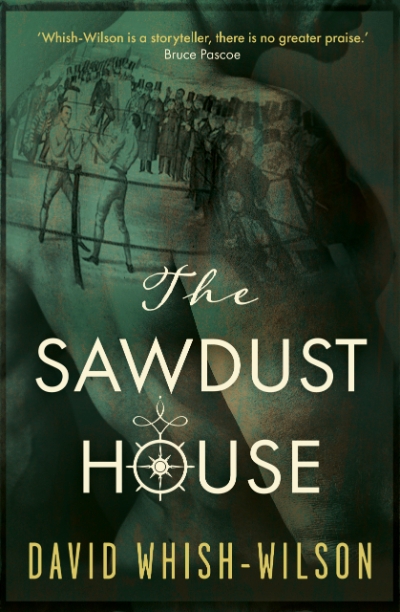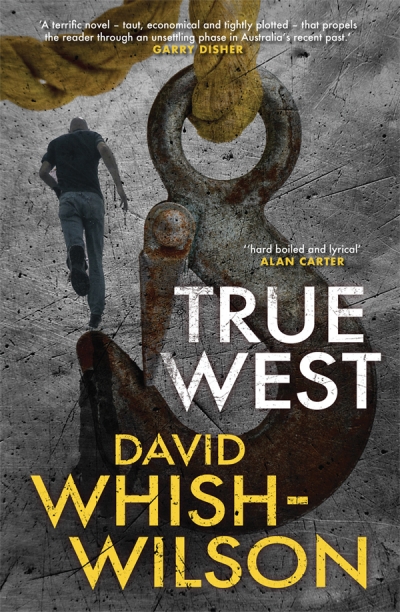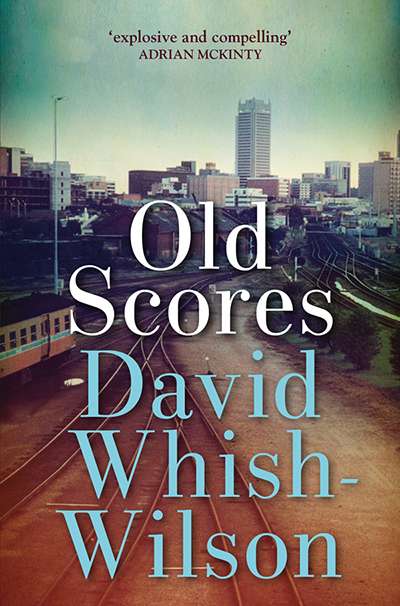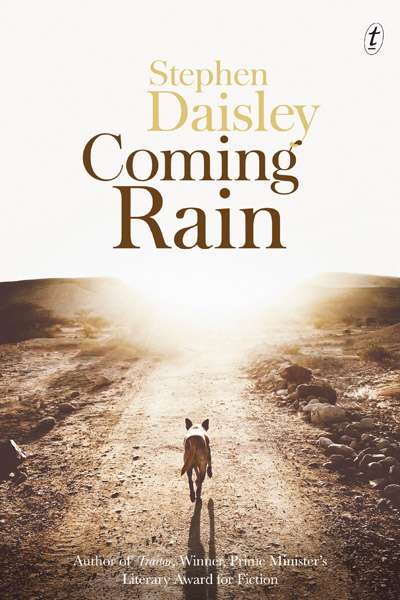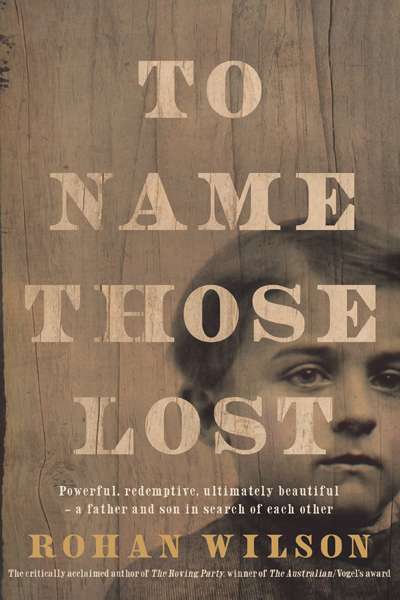David WhishWilson
You wouldn’t envy any writer releasing a novel at the moment, due to the difficulties getting books in front of readers, yet recent UK statistics indicate a surge in crime fiction sales following the relaxing of lockdown restrictions and the reopening of bookshops. It’s hard to say whether the same optimistic reading of the crime fiction market in Australia holds true, though two new crime novels by début authors – Kyle Perry’s The Bluffs (Michael Joseph, $32.99 pb, 432 pp) and Katherine Firkin’s Sticks and Stones (Bantam, $32.99 pb, 392 pp) – appear to have well and truly jumped out of the blocks. And it’s fair to assume that, given the international commercial and critical success of Megan Goldin’s terrific début novel, The Escape Room, her new book, The Night Swim (Michael Joseph, $32.99 pb, 352 pp), will appeal to antipodean readers this winter.
... (read more)Three new Australian crime novels by Anne Buist, Kimberley Starr, and J.P. Pomare
Some years ago, a crime-writing friend of mine was at a writer’s festival with Lee Child. After a few drinks, my friend asked Child how he’d gone about preparing to write his Jack Reacher novels. Child’s reply was something along the lines of not putting pen to paper before he’d spent six months reading all of the successful crime novels he could find, and before parsing out exactly what made them popular with readers. Once this was done, he sat down to write. The rest, of course, is history.
... (read more)These are exciting times when the new normal for Australian crime fiction is strong domestic interest and sales, but also international attention in the form of Australian-only panels at overseas writers’ festivals, plus regular nominations and awards in Germany, the United States, and the United Kingdom. Whether this is a literary fad or sustainable in the long term – with Australian crime fiction becoming a recognisable ‘brand’ in the manner of Scandi-noir or Tartan-noir – will depend largely upon the sustained quality of the novels produced here.
... (read more)News from the the Editor's Desk in the August issue of Australian Book Review.
... (read more)News from the the Editor's Desk in the September issue of Australian Book Review.
... (read more)
